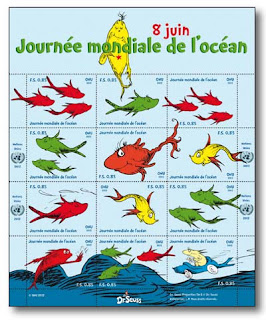World Brain Tumor Day is an observance held annually on June 8th to raise awareness about brain tumors and support those affected by them. It serves as an opportunity to educate the public about brain tumors, promote early detection and diagnosis, and advocate for improved treatment options and support for patients and their families.
Brain tumors are abnormal growths of cells in the brain that can be benign (non-cancerous) or malignant (cancerous). They can affect people of all ages, from children to adults, and can cause various symptoms depending on their size, location, and type.
On World Brain Tumor Day, different organizations, hospitals, and advocacy groups around the world may organize events such as informational campaigns, fundraising activities, medical conferences, and support group meetings. These initiatives aim to enhance understanding of brain tumors, provide resources for patients and caregivers, and promote research for better treatments and potential cures.
The day also serves as a reminder to support individuals living with brain tumors and their loved ones, fostering a sense of community and solidarity. By raising awareness and promoting research, World Brain Tumor Day strives to improve the lives of those affected by this challenging condition.









